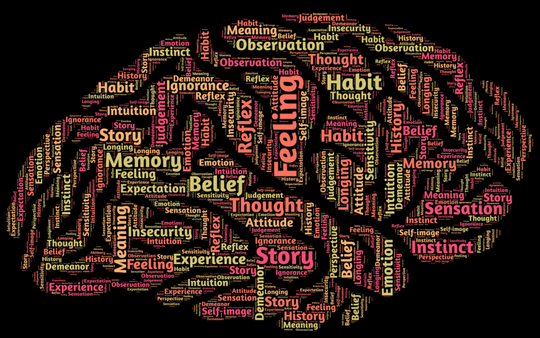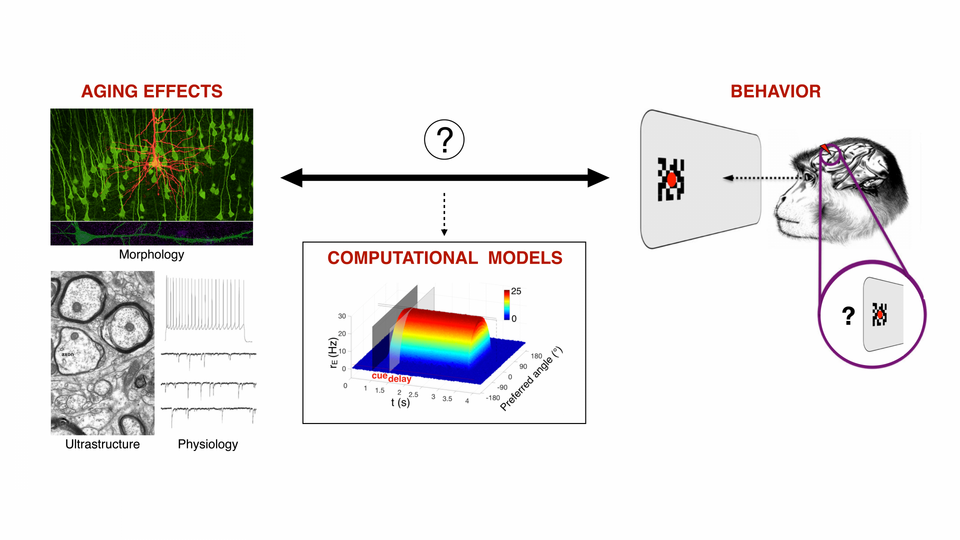The project aims to further the understanding about computational and neural mechanisms underlying working memory (the cognitive function for temporarily storing information used by more complex cognitive functions) during the process of normal aging.
A research team led by CRM Principal Investigator Klaus Wimmer (Computational Neuroscience group), in collaboration with Dr. Jennifer Luebke and Dr. Douglas Rosene from Boston University, has been granted funding by the Spanish Ministry of Science and Innovation for the CRCNS project: Age-related changes in the underlying cortical dynamics of working memory. Aimed at identifying how normal aging affects working memory, the way our brain retains new information to allow us to use it right away without losing track of what we are doing, the project could potentially improve targeted therapies to counter cognitive decline.
Normal aging in primates is often accompanied by a decline in cognitive performance, especially in tasks and activities where working memory is involved. This deterioration can be related to age-related structural and electrophysiological changes at the single cell level in the brain, with an impact at local neuronal circuits as well as within the long-range connections responsible for the transmission of information between different areas of the brain. We currently lack a mechanistic understanding of how the alterations at the neuron level impact network function and, thus, working memory performance.
Thanks to the complementary experience of the collaborating laboratories, the research team will use a new approach combining psychophysical, anatomical, and physiological experiments with computational theory and modelling.
The aim of the research team is to improve our understanding about the computational and neural mechanisms that underlie working memory in rhesus monkeys, with special emphasis on those areas affected by normal aging.
The underlying mechanisms of working memory
The scientists will test the theory that working memory arises from the coordinated interaction between visual and frontoparietal brain regions, that the age-related decline in working memory performance is caused by alterations on both localized areas and how these areas communicate with each other. This research project will help identify mechanisms that could potentially counteract age-related alterations on the brain and, therefore, restore neural and cognitive function and enhance therapies aimed at improving the quality life of the senior population. The data obtained will also be a valuable resource for the international neuroscience community at large to develop further research in this area.
As part of the project, the Computational Neuroscience group at the CRM will incorporate a new postdoctoral researcher, Sara Ibañez, that will collaborate with the research team.


